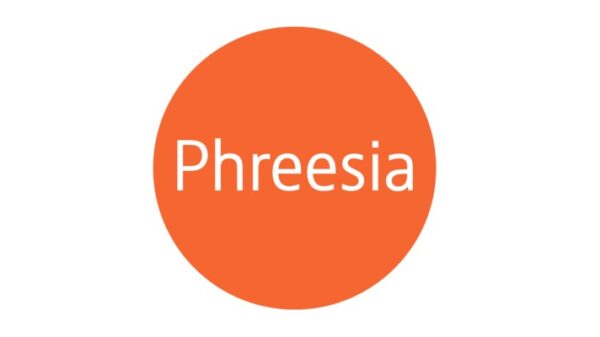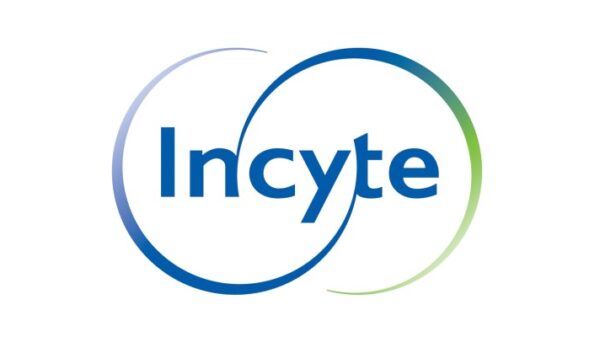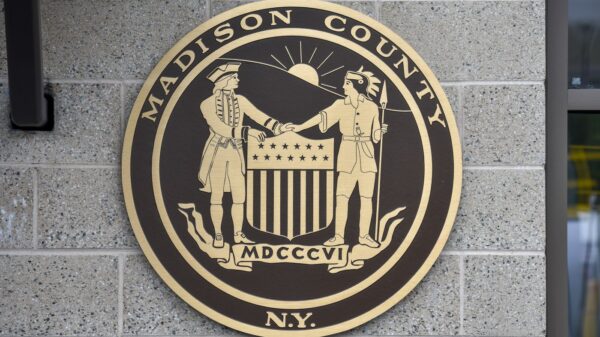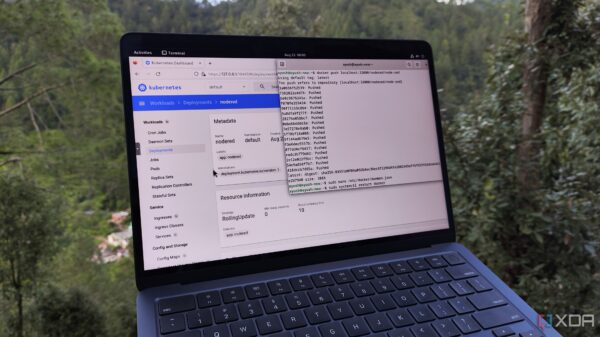Support for doulas is gaining momentum across the United States, with South Carolina poised to become the latest state to include doula services in its Medicaid coverage. This potential change reflects a growing recognition of the important role doulas play in enhancing maternal and infant health.
Dawn Oliver, a postpartum doula from Hardeeville, offers vital support to families during the challenging early days of parenthood. Her services include infant care education, meal preparation, and emotional support for new parents, all of which can significantly ease the transition into parenthood. “The village is not what it used to be,” Oliver noted, highlighting the essential services doulas provide at a time when many families feel overwhelmed.
Despite their benefits, the cost of hiring a doula can be prohibitive. Oliver charges $45 an hour for her overnight services, and many families find it difficult to afford this expense without insurance coverage. However, two bipartisan bills currently introduced in the South Carolina General Assembly aim to change this by requiring Medicaid—and private insurers—to cover doula services for eligible patients.
This initiative aligns with a broader trend, as over 30 states are either reimbursing doulas through Medicaid or considering legislation for such coverage. States like Vermont, Arkansas, Utah, and Montana have already enacted laws to facilitate access to doulas, even amidst anticipated federal funding cuts to Medicaid.
The push for doula coverage is not only a matter of convenience but also a response to pressing health concerns. According to a study published in the American Journal of Public Health, women enrolled in Medicaid who had a doula were 47 percent less likely to deliver by cesarean section and 29 percent less likely to give birth prematurely. These figures underscore the potential for doula support to improve health outcomes, particularly for vulnerable populations.
Republican state Representative Tommy Pope, a co-sponsor of the South Carolina doula reimbursement bill, emphasized the importance of expanding access to these services. “Why wouldn’t you want somebody to avail themselves of that type of care?” he asked, recalling the positive experience his daughter-in-law had with a doula during childbirth.
Support for doula services has gained traction among lawmakers, particularly those with personal connections to the issue. As Amy Chen, a senior attorney with the National Health Law Program, noted, many legislators resonate with the concept of enhancing pregnancy and maternal health services, regardless of their own experiences with pregnancy.
The need for doula support is particularly acute among Black patients, who experience significantly higher rates of maternal and infant mortality compared to their White counterparts. In South Carolina, Black infants were more than twice as likely to die before their first birthday in 2022 than White infants. Addressing this disparity is a priority for lawmakers, as evidenced by Montana’s recent legislation aimed at improving healthcare access for rural and Indigenous communities.
Britney WolfVoice, a resident of the Northern Cheyenne Indian Reservation in Montana, shared her positive experiences with an Indigenous doula during her previous pregnancy. “Being in a hospital, I felt heard for the very first time,” she recounted, highlighting the emotional and cultural significance of having a doula present during childbirth.
As states continue to explore doula reimbursement, challenges remain. Initial participation rates in states that have enacted similar laws have sometimes been low, often due to insufficient reimbursement rates. For instance, Minnesota’s Medicaid initially reimbursed doulas only $411 per client, a figure that has since increased to a maximum of $3,200 over a decade.
While the future of doula reimbursement remains uncertain due to potential federal Medicaid cuts, the ongoing legislative efforts signal a growing recognition of the importance of doulas in improving maternal and infant health outcomes. As more states consider similar measures, the landscape of maternal healthcare is poised for significant change, potentially making doula services accessible to families who have long been unable to afford them.
The commitment to enhancing maternal health through doula support reflects a broader understanding of the complexities surrounding childbirth and parenting. By integrating doulas into Medicaid coverage, states like South Carolina may not only improve health outcomes but also offer families the essential support they need during one of life’s most challenging transitions.
































































